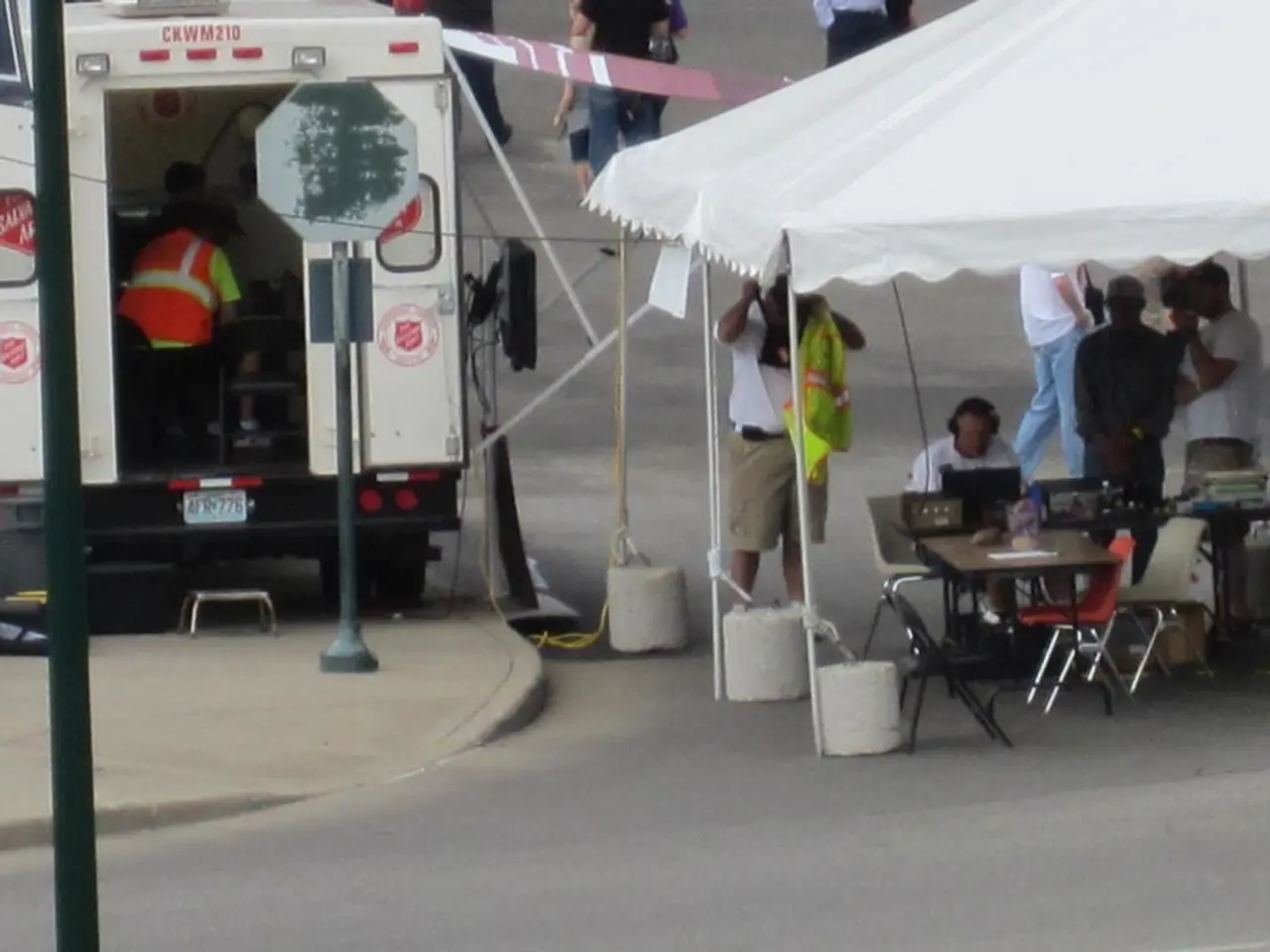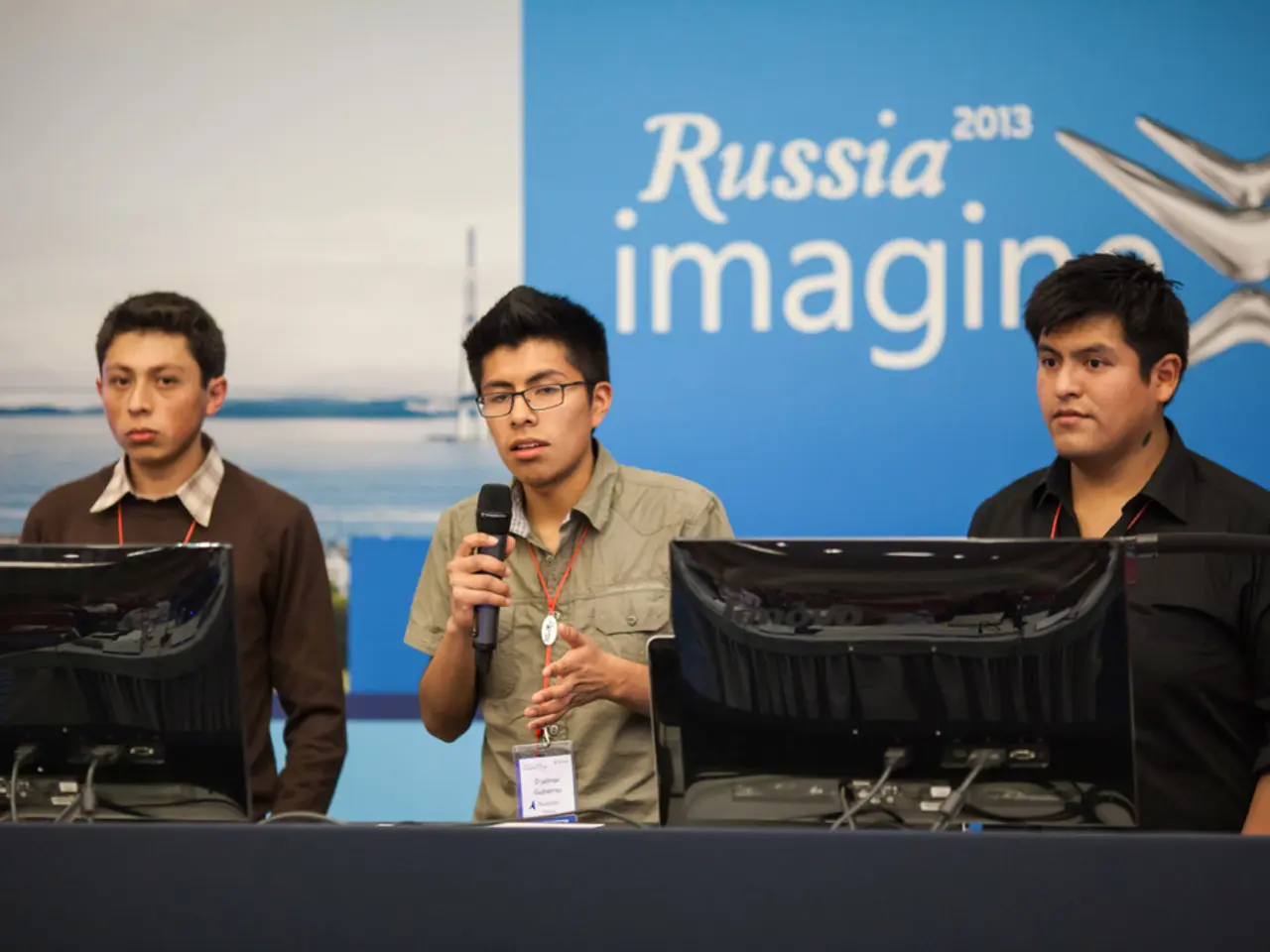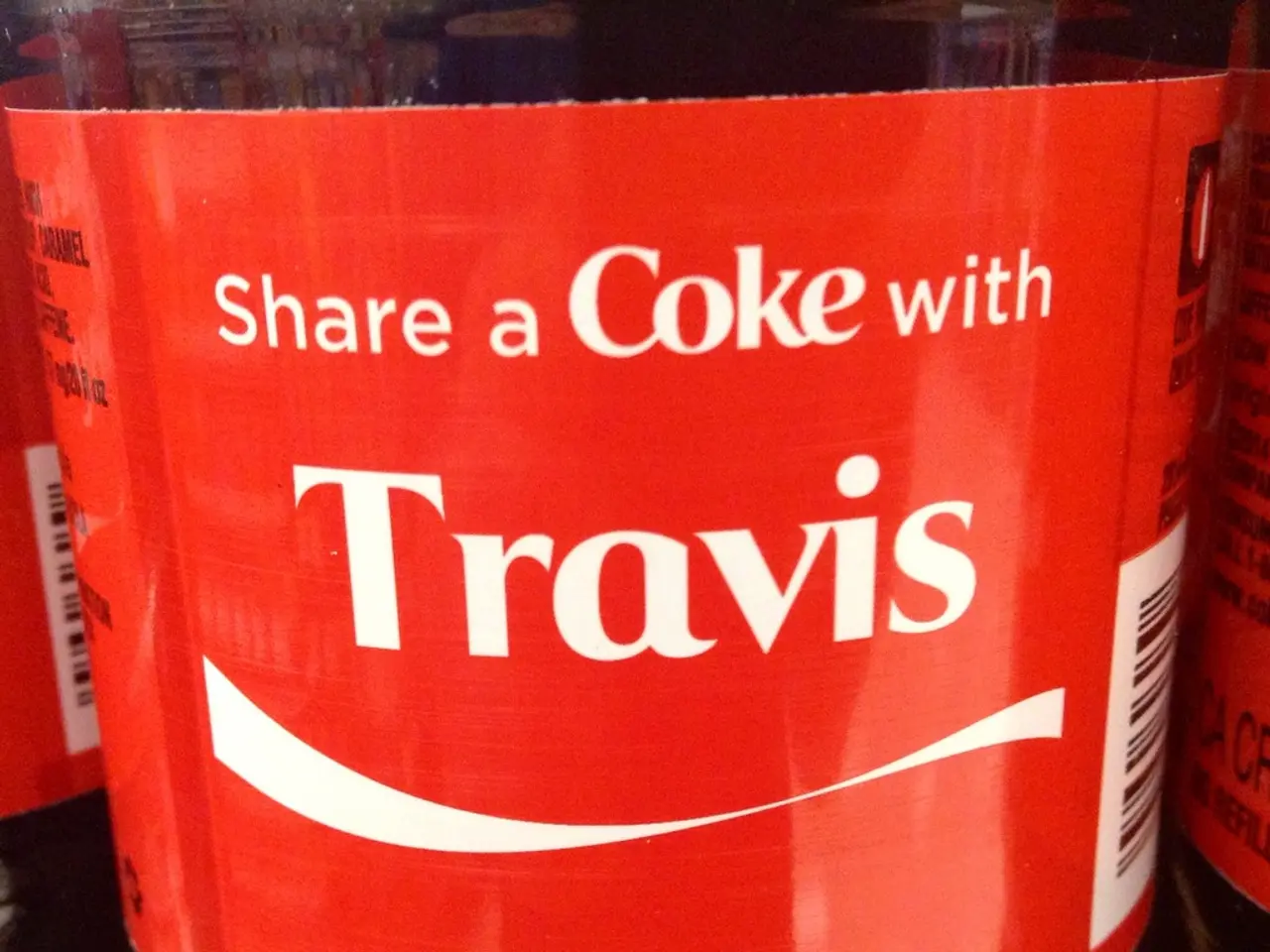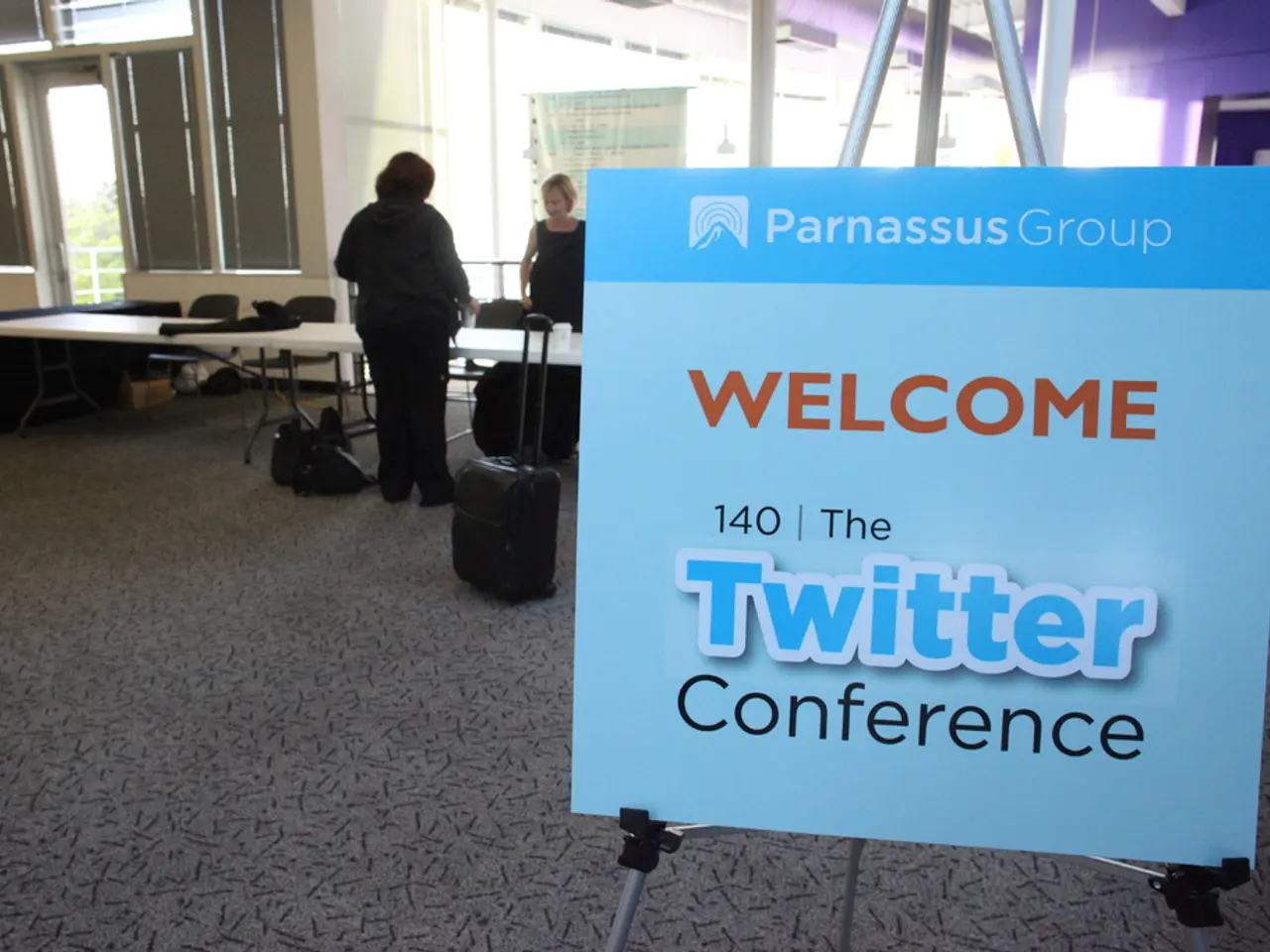Hamas is currently considering a ceasefire proposal.
The ongoing conflict in Gaza has taken a significant turn as both Hamas and Israel have expressed readiness for a 60-day ceasefire, with negotiations underway to finalize the details. The proposed truce, which includes the exchange of hostages and a partial Israeli withdrawal, offers a glimmer of hope for an end to the violence that has plagued the region for nearly 21 months.
The latest proposal outlines several key components. Hamas would hand over 10 living and 18 dead hostages to Israel, as part of a broader negotiation effort focused on resolving the hostage crisis that originated with Hamas's October 7, 2023, attack. The Israeli forces would withdraw to a buffer zone along Gaza's borders with Israel and Egypt during the ceasefire period, aiming to reduce hostilities on the ground. Significant amounts of aid would be allowed into Gaza, distributed by United Nations agencies and the Palestinian Red Crescent.
Hamas has responded positively to the truce offer and expressed readiness to begin "proximity talks" immediately to finalize details. However, Hamas has reservations about the wording of the ceasefire proposal, particularly concerning the continuation of talks on a permanent ceasefire. Hamas insists on language that guarantees negotiations on a permanent ceasefire will continue until a final agreement is reached, without conditions such as "good faith" that Hamas fears Israel could use to prematurely end talks and resume conflict. Israel opposes this, concerned Hamas might indefinitely prolong negotiations.
Unfortunately, the conflict has taken a toll on the civilian population, with reports of deadly Israeli fire and incidents near aid distribution centers. On Friday, at least 40 deaths were reported in Gaza, according to a Gaza civil defence official, updating an earlier toll of 15. There have been multiple deadly shootings near aid distribution centers, including one that claimed the life of a mourner, Narmin Abu Muammar, who lost her brother in an American distribution center and accused the military of killing people instead of feeding them.
In addition, eight more people were killed in two other strikes on camps on the coast, including one that killed two children early Friday. The civil defence official reported that eight people, including a child, were killed in an Israeli air strike on the tents of displaced civilians near Khan Yunis. The Israeli military is investigating these incidents but has not verified the reports of deaths and shootings.
The humanitarian situation in Gaza is dire, with UN agencies warning that the Gaza Strip is on the brink of famine. The Israeli military has been striking suspected Hamas targets across the Gaza Strip, including in Gaza City, Khan Yunis, and Rafah. Reports indicate that at least five people were shot and killed while waiting for humanitarian aid near a US-run site near Rafah in southern Gaza.
As the negotiations continue, it is crucial to remember the human cost of this conflict. The lives lost and the suffering endured by the people of Gaza serve as a stark reminder of the urgent need for a peaceful resolution. The ultimate goal, as stated by Israeli Prime Minister Netanyahu, is the elimination of Hamas' military and governing power. However, it is hoped that the proposed 60-day truce offers a step towards a more lasting peace.
The ongoing discussions about the proposed 60-day ceasefire include negotiations on war-and-conflicts, politics, and general-news, as Hamas and Israel work towards resolving their differences. The proposed truce, with its focus on resolving the hostage crisis and the exchange of hostages, also highlights crime-and-justice issues within this context. Moreover, the humanitarian situation in Gaza, marked by reports of deadly accidents near aid distribution centers and fears of famine, underscores the pressing need for a peaceful resolution, making it critically important to consider these aspects in the negotiations.








